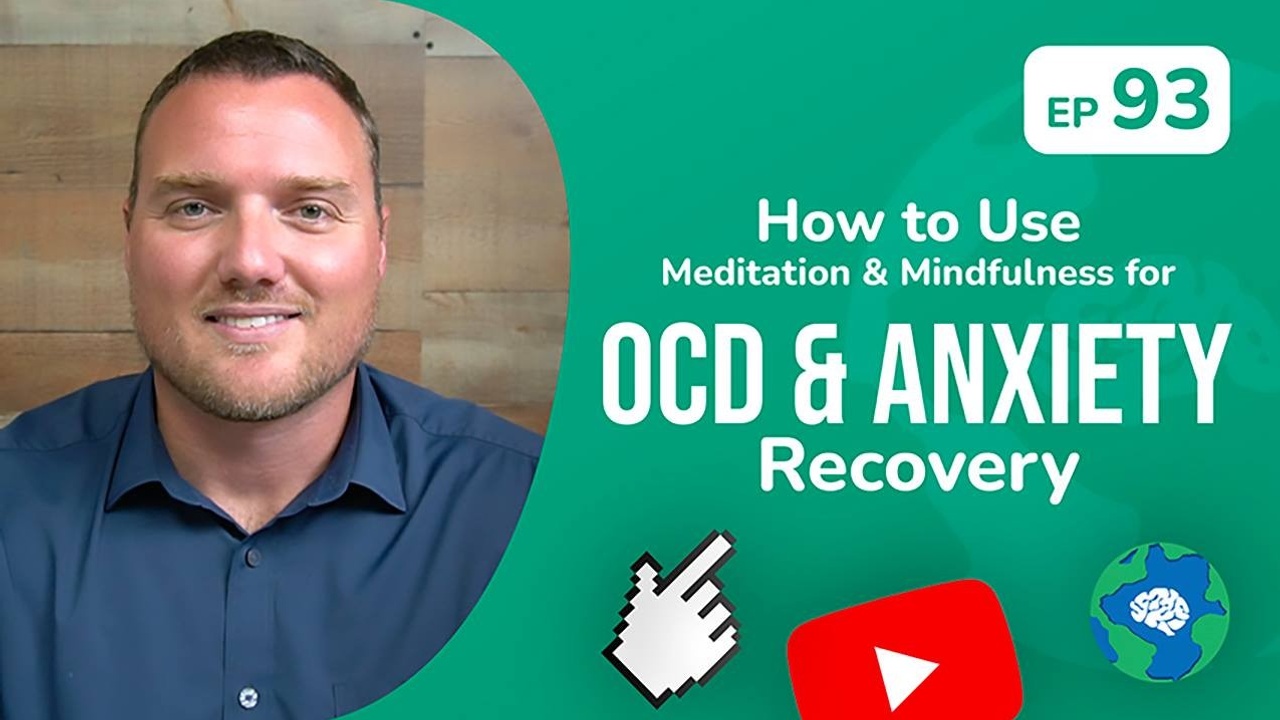How to use Meditation and Mindfulness for OCD & Anxiety Recovery
Jun 18, 2021
How to Overcome OCD and Anxiety with Mindfulness
What is Meditation and Mindfulness?
Meditation and mindfulness are often used interchangeably, but they are distinct practices that complement each other. Meditation is a dedicated period where you focus on being present, often through breathing exercises or guided sessions. Mindfulness, on the other hand, is the practice of being aware of your thoughts, emotions, and sensations in the present moment, without judgment.
Common Misconceptions About Meditation for OCD and Anxiety
Many people believe that meditation's primary goal is to stop all thoughts and achieve a state of perfect calm. This is a misconception, especially for those dealing with OCD and anxiety. In the transcript above, Matt, a licensed clinical social worker, and founder of Restored Minds, emphasizes that trying to use meditation to eliminate thoughts or anxiety is akin to using a hammer to saw wood—it's not designed for that purpose.
The Real Objective: Witness Consciousness
According to Matt, the essence of meditation and mindfulness is to develop "witness consciousness." This concept involves learning to observe your mind without getting entangled in its frantic activity. By becoming an impartial spectator, you create a mental distance between yourself and your intrusive thoughts. Authors like Eckhart Tolle and Michael Singer discuss this idea in their works, "The Power of Now" and "The Untethered Soul."
Why Mindfulness Matters
One of the primary challenges for those dealing with OCD and anxiety is getting consumed by the mind's content. Often, individuals believe that the thoughts and worries dominating their mind are the root problems. This leads to a constant effort to control these thoughts, which only exacerbates anxiety. Instead, mindfulness helps you identify when you're lost in thought and brings you back to the present moment.
Practical Steps to Effective Meditation
-
Start Small: Devote just ten minutes a day to meditation, focusing on your breath. Over time, you can increase this duration as you become more comfortable.
-
Anchor in the Present: Teachers often advise focusing on your breath because it's always happening now. This practice helps anchor your consciousness in the present moment.
-
Observe Without Judgment: When thoughts arise, don't try to stop them or judge them. Simply observe them and then gently bring your focus back to your breath.
-
Consistency is Key: The more you practice, the better you'll become at distancing yourself from your thoughts. Even one moment of complete focus on your breath can be a significant achievement.
The Long-Term Benefits
As Matt points out, becoming aware of when you're lost in thought is the first step to reclaiming your conscious awareness. By regularly practicing meditation, you train your mind to stay present, helping you manage OCD and anxiety more effectively. Over time, this practice can lead to a more balanced, peaceful life, free from the constant grip of intrusive thoughts.


